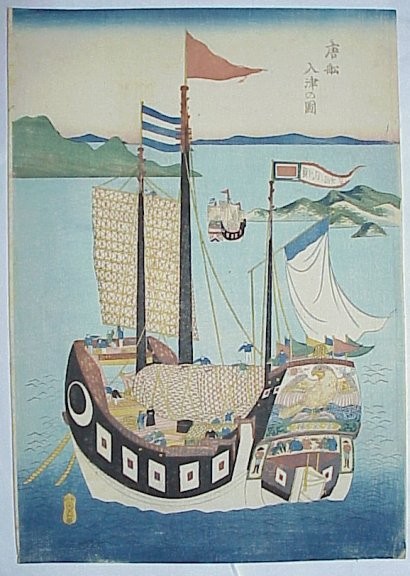Andrew F. Jones
Professor at Department of East Asian Languages and Cultures
University of California, Berkeley
“Quotations Songs: Portable Media and Pop Song Form in the Chinese 1960s.”
(co-sponsored with Literature, Theater, and Cultural History of China workshop & Arts and Politics of East Asia workshop )
May 2, 4:00pm to 6:00pm
Place: Social Sciences Tea Room (2nd floor of SS building)
Abstract:
Quotations Songs: Portable Media and Pop Song Form in the Chinese 1960s
Quotations Songs: Portable Media and Pop Song Form in the Chinese 1960s
Andrew F. Jones
As the Cultural Revolution reached its crescendo in the years between
1966 and 1969, a new and remarkable form of popular music saturated
Chinese public space by way of a system of hundreds of millions of wired
loudspeakers that spanned the country. ‘Quotations songs” set Chairman
Mao’s writings to music, and were deliberately conceived as a musical
analogue and mnemonic device for The Quotations of Chairman Mao.
Surprisingly, these songs adapted from what is now known as “Little Red
Book” were eventually proscribed by Chairman Mao’s wife, Jiang Qing, who
objected to what she saw as their off-color propensity to set listeners into
pleasurable motion. Yet what could possibly be promiscuous (or even
pleasurable) about a choral march in duple meter entitled (to cite just one of
the more than one hundred such compositions that were published and
recorded) “Ensure that Literature and Art Operate as Powerful Weapons for
Exterminating the Enemy”? The answer may lie not just in the ecstatic
movement which sometimes accompanied the performance of such music,
but also in the deliberate promiscuity of their form. By form, I indicate not only
their musical, lyrical, and ideological characteristics, but also the way in which
these qualities made use of the new technological possibilities and ever
expanding reach of the socialist mass media in the 1960s. Quotation songs,
in a manner not radically different from popular music in the same years in the
West, were designed for promiscuous movement, for effortless portability.
And as with the mass-mediated pop songs of the 1960s in the US and
Europe, the revolutionary songs of the 1960s owed their popularity in part to
the self-conscious crafting of a ‘hook’ — a ‘catchy’ melodic figure,
catchphrase, or distinctive sound that rendered a song not only recognizable
but also replicable in disparate media and contexts.
One of the arguments of this chapter is that the rhetorical logic of
the “hook” is already implied by the citational form of the “Little Red Book”
itself. Quotations songs were in fact the product and the logical conclusion of
a system of what we might now call “cross-platform marketing” or “media
interactivity” that took shape in the Chinese 1960s, and their power was
premised on the ease with which they traveled across different media, from
print to performance, from radio to records, and from the revolutionary
postures of the “loyalty dance” to poster art.
